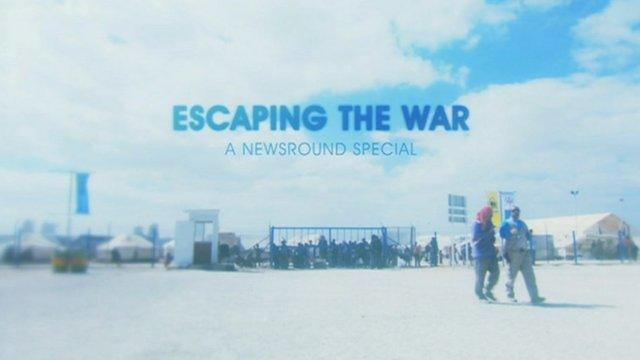World War Two: How Britain declared war against Germany
- Published
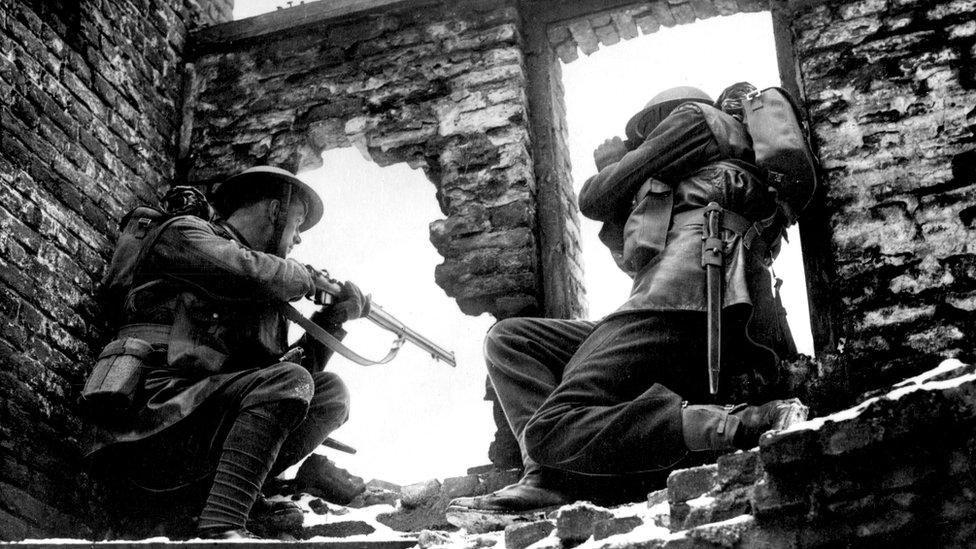
The Second World War was one of the most violent wars in history
It's been 85 years since the start of World War Two.
Britain and France declared war on Germany and its allies, two days after Germany invaded Poland.
On 3 September 1939, Prime Minister Neville Chamberlain announced via a BBC radio broadcast that the UK would fight against Nazi Germany.
It was the most destructive global conflict in history.
The war lasted for six years, millions of people lost their lives and it had a big impact on the world.
How did World War Two start?
Hear World War 2 veteran Geoff's story
Historians disagree about what caused the Second World War.
Some believe it was down to the anger created in Germany following the end of World War One.
That conflict lasted four years and had a long-lasting impact on both Europe and the world.
The Treaty of Versailles was passed in 1919, ending World War One. It held Germany accountable for its role in the conflict and resulted in the country losing land and colonies.
Germany faced restrictions to its armed forces and was required to make repayments known as reparations to rebuild areas that had been affected.
WATCH: These children explain why they think it's important to remember World War One
Some historians might blame Hitler's aggression for starting the Second World War, while others might put it down to world leaders, including former Prime Minister Neville Chamberlain, being too weak.
In 1938, Chamberlain introduced a settlement called the Munich Agreement as a way to try and keep the peace and prevent another war taking place.
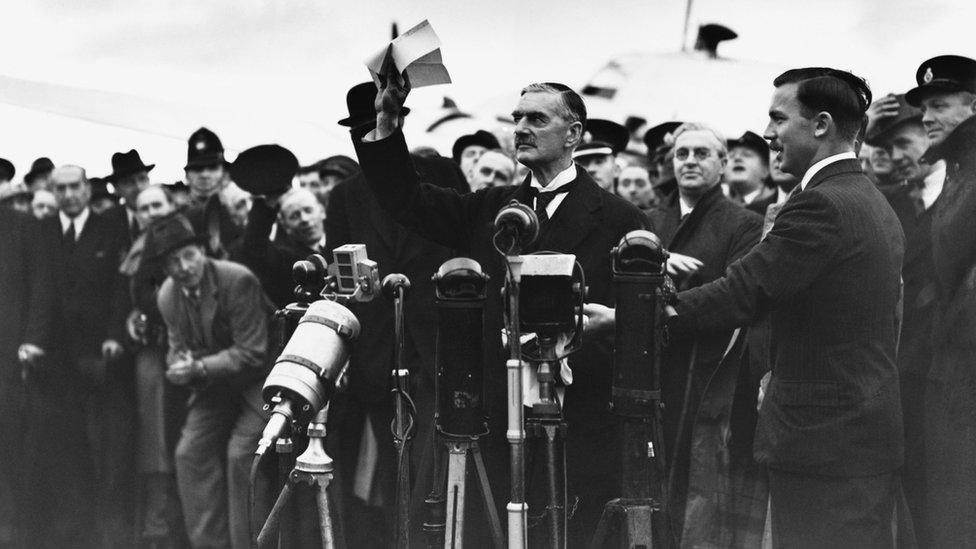
The Munich Agreement was introduced by Neville Chamberlain in 1938
There were many reasons why he did it, including the argument that complaints made by Hitler following the treaty were 'reasonable' and that by giving him what he wanted, it would stop him from going to war.
The agreement stated that the Czechoslovakian region of Sudetenland should be given to Germany, but Adolf Hitler was unable to claim any more land.
Chamberlain believed Hitler would be satisfied with this, but this was far from the case. The agreement failed to stop Hitler from attempting to obtain more land.
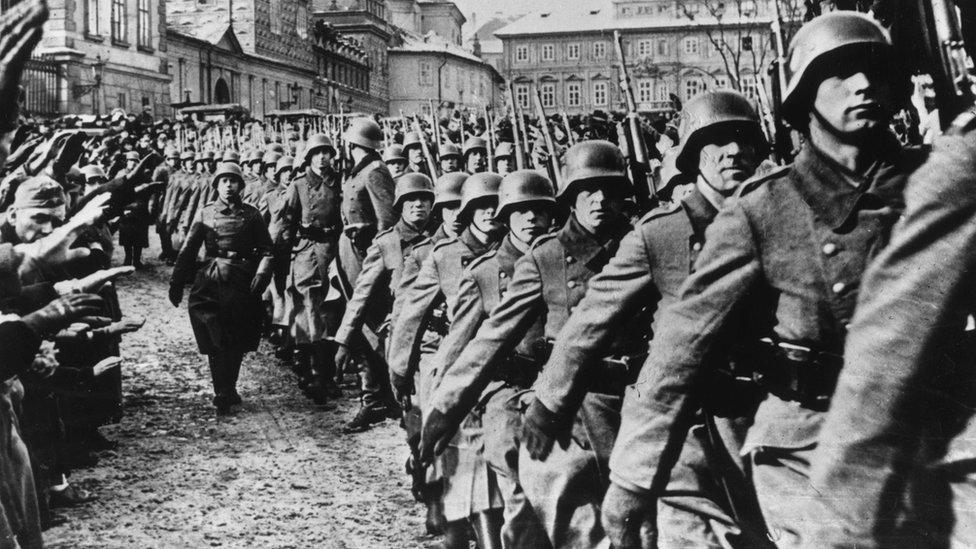
German soldiers invaded Czechoslovakia in 1939
In March 1939, the German leader broke the terms of the treaty when he invaded Czechoslovakia.
Then on 1 September 1939 Germany took another step and invaded Poland, which meant that Poland's allies Britain and France, declared war on Germany.
Two days later, on 3 September 1939, Prime Minister Neville Chamberlain announced via a BBC radio broadcast that the UK would fight against Nazi Germany.
Although Britain declared war on Germany on 3 September 1939, there was only a small amount of fighting. This period of time is often referred to as the 'Phoney War'. People in Britain had expected bombing and fighting to start straight away, but it did not.
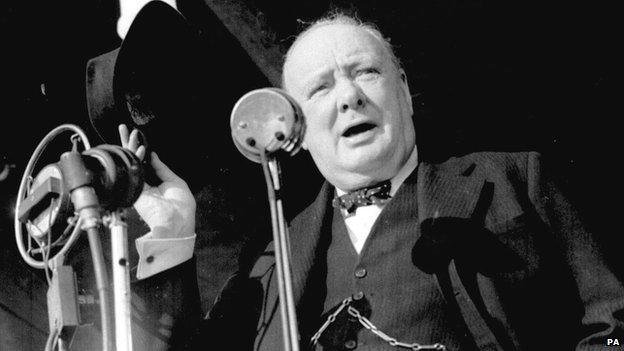
Winston Churchill became Prime minister in 1940
The 'Phoney War' ended in April 1940, when Germany invaded Norway. Britain took military action to try and support Norway against Hitler's invasion, but they failed. Prime Minister Neville Chamberlain was strongly criticised for the failure and was unable to form a government that would support him, so he had to resign.
He was replaced by Winston Churchill in May 1940. On 10 May 1940, the German army entered France.
- Published8 May 2015
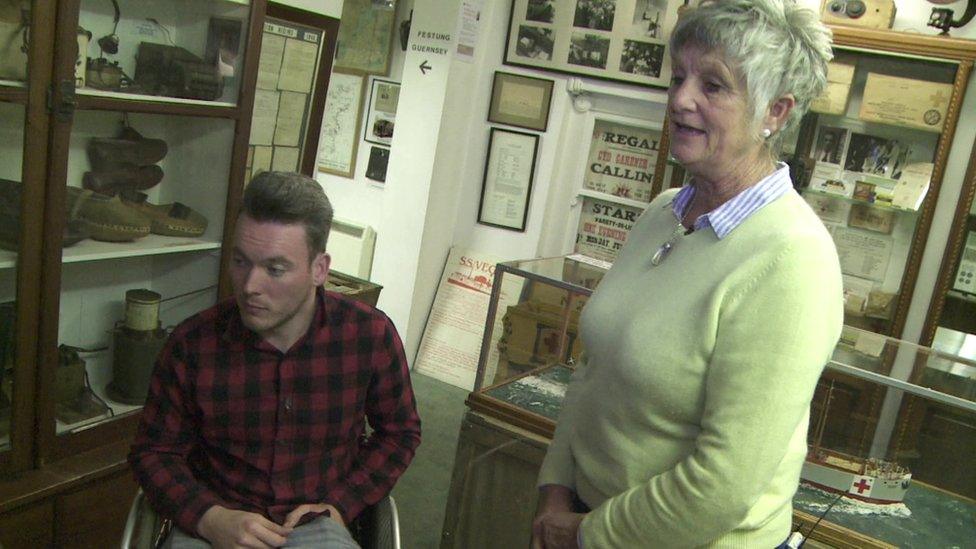
- Published11 November 2018
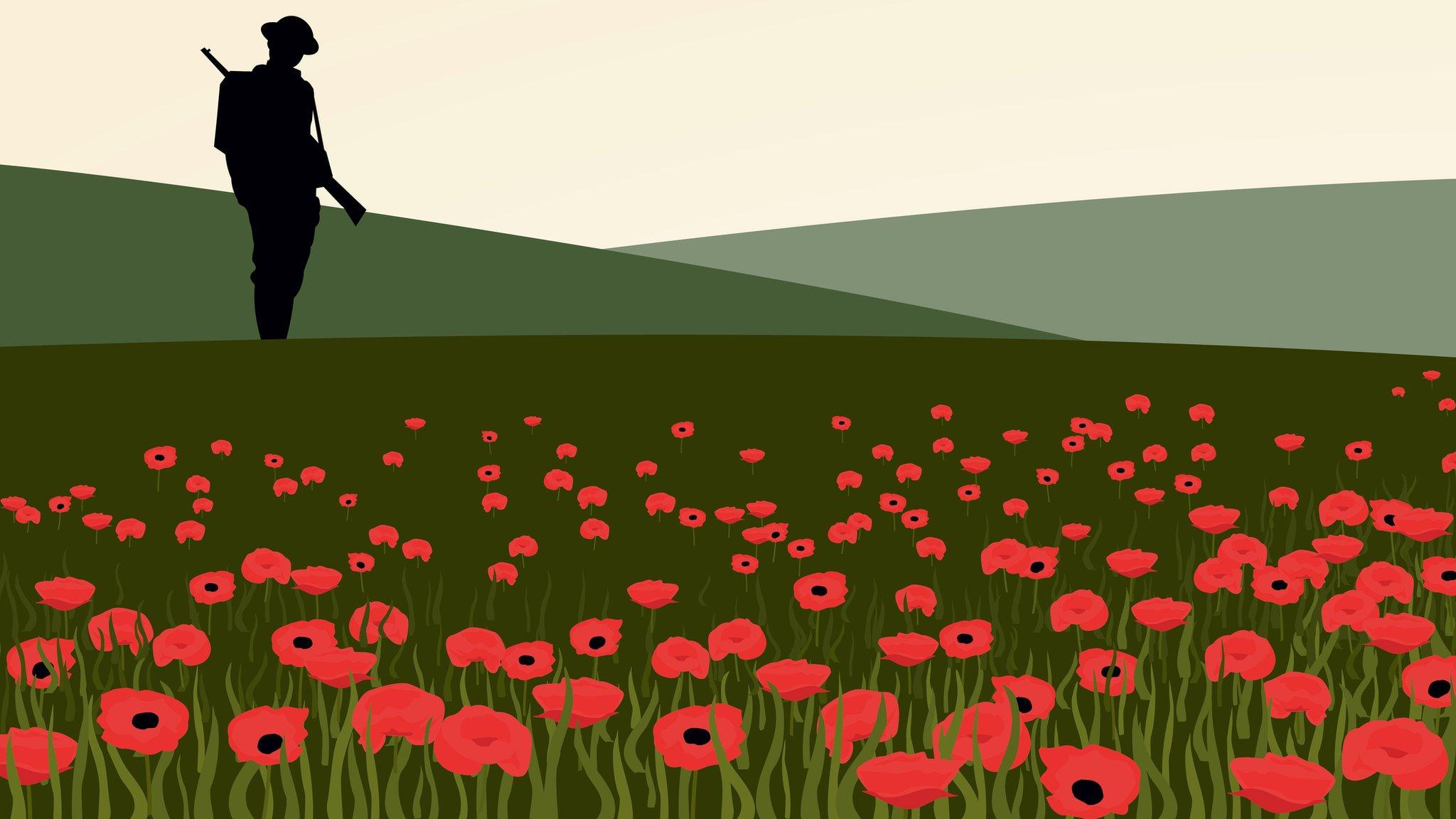
- Published20 June 2011
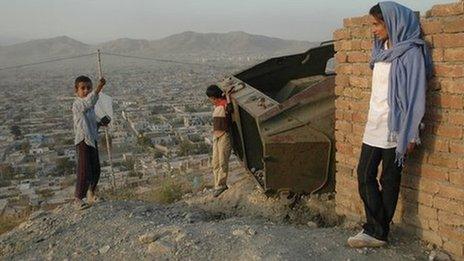
- Published24 March 2013
